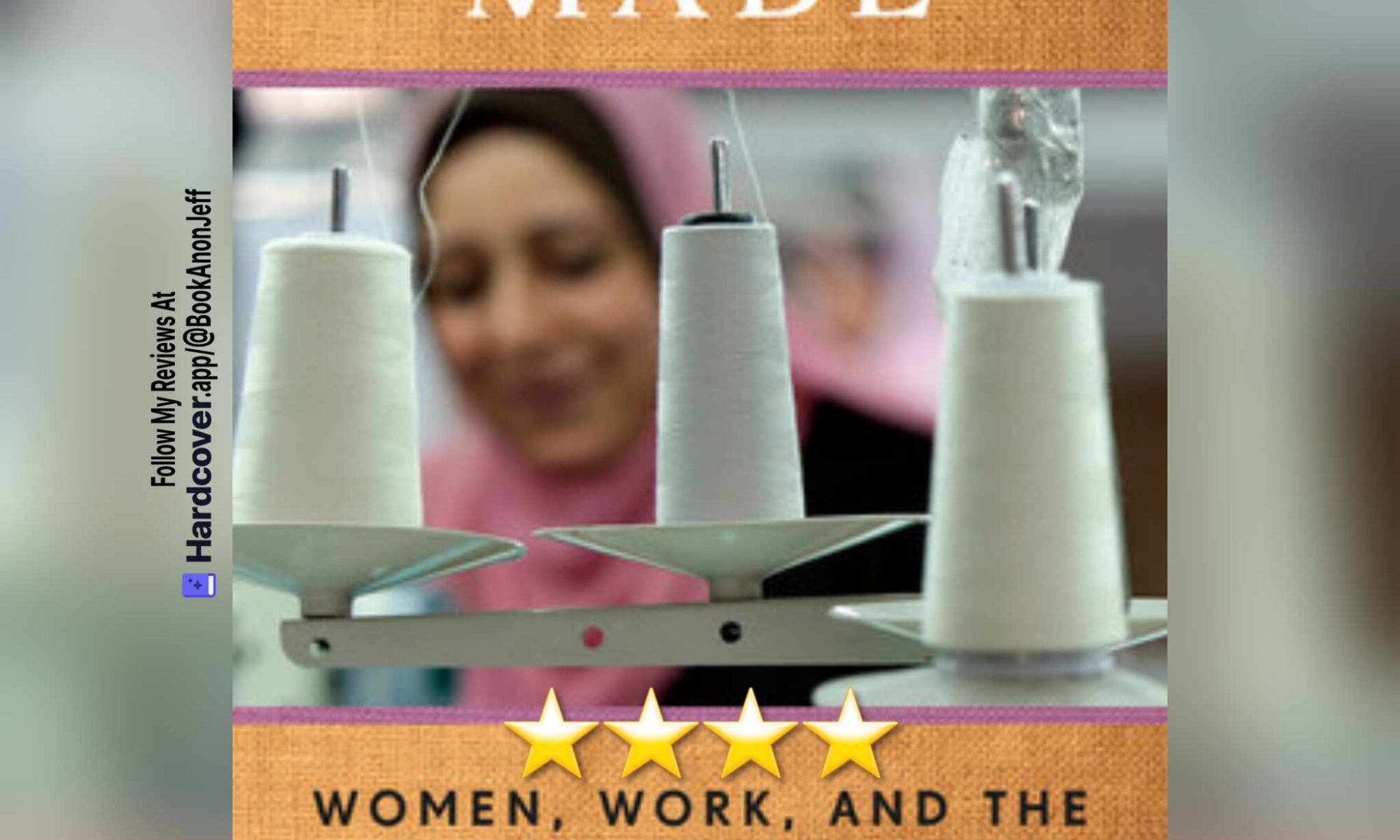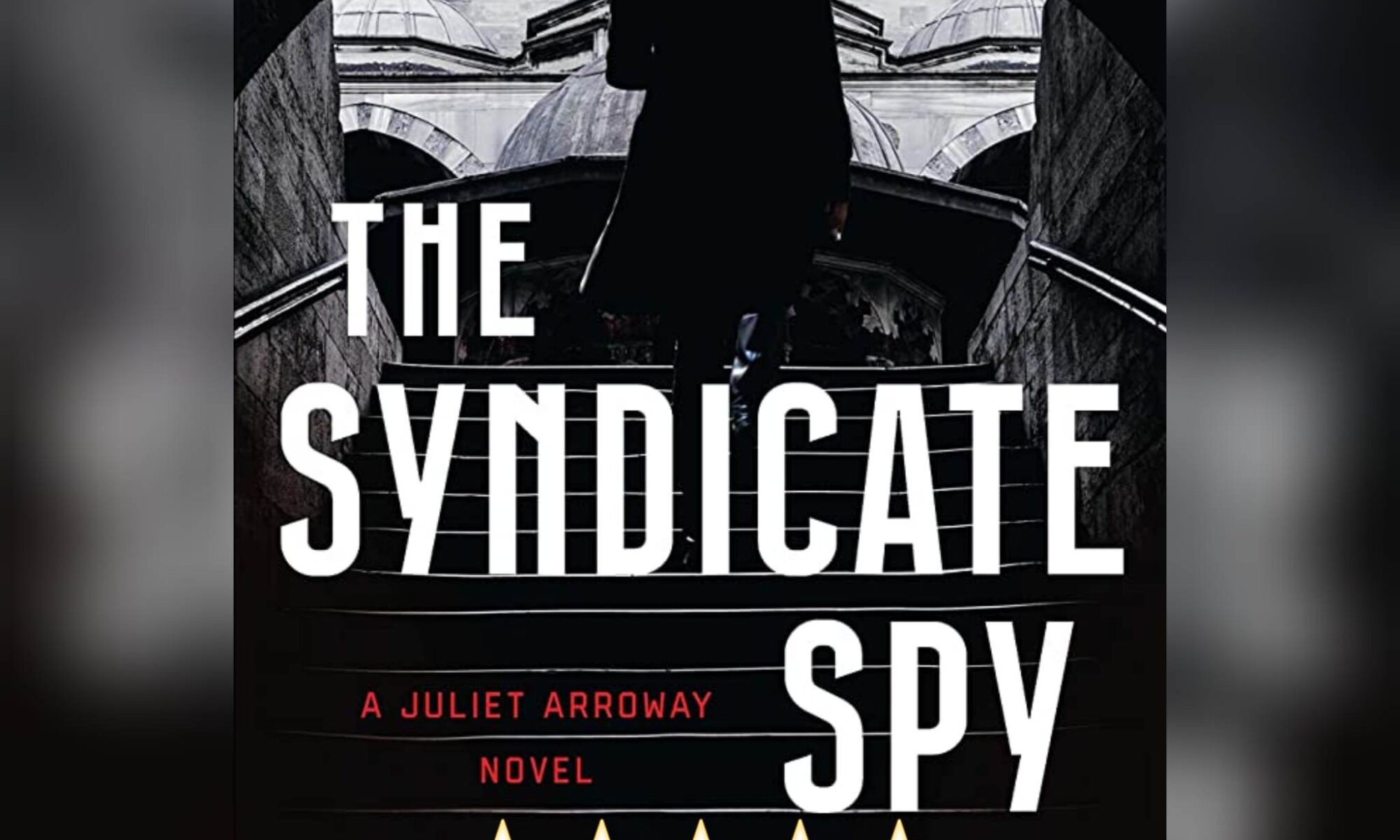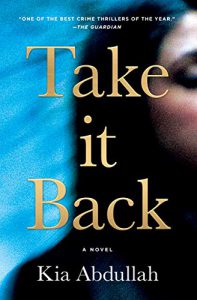Fascinating Examination Of Modern Egyptian Work And Culture. As an American who has only briefly left the US, and never left the Caribbean region when leaving the US, it was fascinating to read such a detailed account of modern Egyptian work and culture as seen through the eyes of an American who lived there for a few years and who actively examined what she saw while there. From a sheer cultural studies perspective, this work was interesting indeed. As an examination of women’s place in society in Egypt, it was also fascinating in several different aspects – while there is *some* similarity to *some* minority groups in the US, this was largely a very different concept than how America operates, both in actuality and in vision. Even the work culture of the males shown within is so *vastly* different than American business and work culture, and Chang shows how this is largely the result of Socialist / Nationalist policies from generations ago that became so deeply embedded within the culture at large that no effort to reign them back in has been very successful.
The singular glaring weakness here is the absolute lack of any bibliography at all, at least in the Advance Review Copy edition I read. Indeed, it must be noted, that while I am accustomed to ARCs being “not in final form”… this was also one of the most incomplete ARCs I’ve ever been given access to. There were quite often threads that would end in “to investigate later” or some such, or “place chart here” or similar, among other issues of this type. Not enough to truly detract from the overall narrative, and certainly not anything to deduct a star over – I know the score with ARCs. But this being truly the most incomplete such book I’ve ever encountered needed to be noted, as it *did* impact my overall experience with the text.
Overall, this was truly a fascinating examination of a culture I’ve never experienced and likely *will* never experience, and I trust that the fully released version won’t have the incompleteness of what I was given, negating the only criticism I had here. Very much recommended.
This review of Egyptian Made by Leslie T. Chang was originally written on March 13, 2024.



